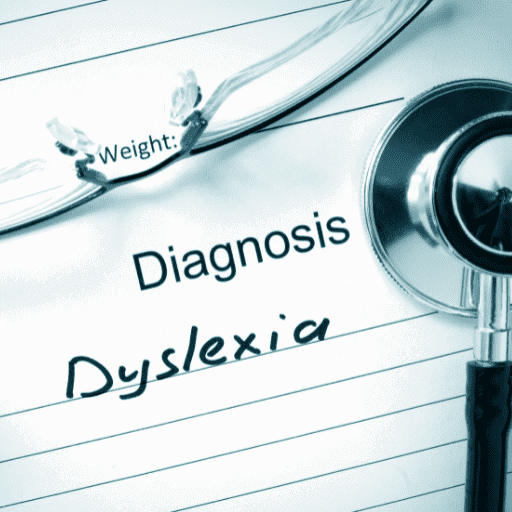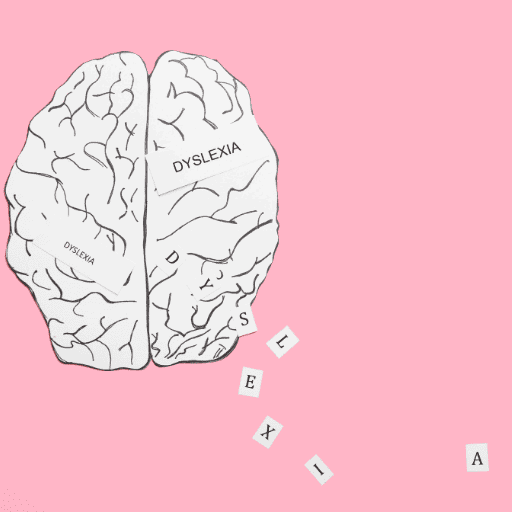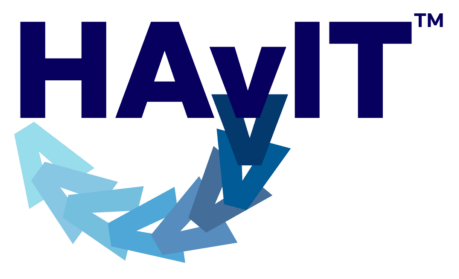Overcoming dyslexia as an adult improved my listening, memory, and emotional health. Have you ever thought about the emotional impact of sound intolerance and learning difficulties? When anyone struggles with listening and expressive speech, it is frustrating and embarrassing. You know the right answer, but it stays stuck in your head. The wrong answer is spoken. Sometimes I was aware that I misspoke. But other times, I was unaware. Would I remember, misunderstand, or say what I meant to say?
My Awareness of Dyslexia Began
I wondered for years if I had dyslexia, attention deficits with hyperactivity (ADHD), or both. Yes, I most likely had both. I said, had, because I am no longer hyperactive with attention deficits. The reason for my attention difficulties may surprise you. During my teen years, a move to a farm drastically changed my diet. My ADHD simply went away. I was thrilled to have newfound energy. As an adult, auditory integration training, and dietary changes were life-changing helping me overcome dyslexia related characteristics, improve sound tolerance, and calm my brain.
In college, I remember my special education college professor bemusing out loud after watching me teach reading, “Now, I understand.” She never told me what she understood. I was too embarrassed over my inability to correctly enunciate a few fifth-grade reading words to ask.
Later, I saw no point in seeking out an explanation for my difficulties in correctly enunciating words. I recognized the behavioral characteristics of dyslexia. What was the point? While in school and college, I earned mostly A’s. Now, I am no longer in school.
The point of seeking a diagnosis as an adult is to gain a greater understanding of your struggles. Most importantly, the diagnosis helps you explore neuro-based intervention to diminish your difficulties like dyslexia and ADHD.
Cheri, owner of HAvIT
Genetics
My own daughter’s diagnosis of dyslexia confirmed for me that I indeed had dyslexia. Like me, she struggled to spell and learn how to read. At first, I thought she was a late bloomer and would simply outgrow her reading difficulties. My reading did not take off until age eight, so she was simply like her mama.

The most ironic part of her story and my story is that I am a special education teacher. I knew how to modify her curriculum and the importance of one-on-one teaching. So, I homeschooled waiting for her to bloom. That is until the emotional distress and frustrations made me realize I needed to keep learning so I could diminish her dyslexia.
Ready for Help with My Dyslexia
Before I could receive help to overcome dyslexia, I first had to admit I had dyslexia. Are you struggling to accept a diagnosis? I decided to complete the additional hearing tests recommended by the certified Berard Practitioner when I saw how much auditory integration training improved the lives of my family and clients, academically and emotionally. The results shocked me: mild hearing loss on low frequencies and I guessed at parts of compound words. Most surprising, my sound tolerance in my left ear was 45 decibels! That is severe sound intolerance.
Now, I was very motivated to complete two Berard-Based Auditory Integration Training, six months apart. However, I told nobody, not even family. Only my children knew. So imagine my surprise during a visit when my father exclaimed, “Did you complete auditory training? For the first time in my life, I can understand what you are saying.” I stood there in shock, because I had only spoken two sentences. Wow! I had no idea that for 44 years others struggled to understand what I was saying.
Overcoming Dyslexia as an Adult is Life-Changing
Completing Auditory Integration Training was life-changing for me in so many different ways. I improved my ability to communicate with my husband, children, and others. Speaking without thinking about every word felt foreign, but wonderful. What was strange was for words to simply flow out of my brain through my mouth. The changes like improvements in my memory were so profound that I felt I could finally work at my level of intelligence.
You can change your brain. That is why stroke victims regain the ability to talk, walk, and use their hands. Today, we know that neuroplasticity of the brain allows us to retrain the brain, diminishing dyslexia. For example, researchers found that auditory integration training strengthened an auditory neural pathway.

Working at your level of intelligence removes the need to cope, to hide your struggles. Think of it as taking off a heavy backpack, a burden.
It was wonderful to finally enjoy group conversations, share my thoughts, and feel understood.
Improved Ear Health Improved Hearing
There was one more key to the changes I was experiencing in my hearing. Looking back, I am positive that my unknown milk intolerance caused inflammation in my ear’s eustachian tubes. When eustachian tubes are inflamed, fluid builds up in the middle ear with or without an ear infection. Consequently, you hear distorted, unclear speech. Why am I so sure? Because eliminating all dairy from my diet at age 48 eliminated my ear pain. However, when I enjoyed a dairy treat, my ears hurt for a day or two. Then when I listened, it was difficult to understand what I heard. I also needed others to speak more loudly.
Researchers found that ear infections increased the risk of language developmental delays and learning struggles. Did this compound my dyslexia, a genetic trait?
When I eliminated all dairy and gluten from my diet, what I heard sounded louder and clearer. By then, I was in my forties! Diet can improve your focus.
Testimony from A Joyful, Curious Mother
Recognizing Full Impact of Dyslexia
Did you know that dyslexia affects your ability to listen with comprehension and remember? Do you, a loved one, a student, or client:
- Talk out loud to organized thoughts, what you want to say? How strong is your inner voice?
- Seem to question what was just heard? But, you are actually checking to learn if you understood what you just heard and helping yourself remember.
- Do you struggle to correctly say a word? If so, spelling is near impossible.
- Do words get stuck in your head? You know what they mean, but are unable to say the word. So frustrating!
- Do you need to talk out loud to figure things out?
Understanding that dyslexia meant spelling and word retrieval difficulties, which are both auditory processing weaknesses, helps you accept the way your brain works and look for help.
The Gift of Overcoming Dyslexia
On a positive note, learning challenges develop analytical skills, problem-solving, creativity, and tenacity. You must figure out ways to get around your difficulties. Creativity helps you cope with all the roadblocks a struggling learner experiences at home and away from home.
When you struggle throughout your life, there is a silver lining.
At Any Age, Intervention Is Life-Changing
The statement above is so true. I feel blessed that striving to help my children overcome learning challenges like dyslexia and ADHD also provided me with much-needed help to diminish my dyslexia.
The simplicity of completing the In-home Berard-Based Auditory Integration Training (AIT) still leaves me in awe. There is much work leading up to the training, but completing AIT only takes thirty minutes, twice a day for ten to fourteen days. Six months later, you complete a second program. Since your brain never turns off your hearing, your auditory system keeps getting stronger.
Did you know that your brain develops until age 26? This period of development is as critical as your preschool years.
You need a year of working with Cheri for the hearing system to change from dysfunction to function to strong.
Ask for Life-Changing Intervention
Do you still need motivation to overcome your dyslexia, auditory processing difficulties, or sound tolerance challenges?
Life does not occur in a vacuum. Whatever you experience physically or emotionally, you may discover that you are no longer able to cope with your challenges. Whatever your struggles, I hope you reach out for help.
GET IN TOUCH







0 Comments